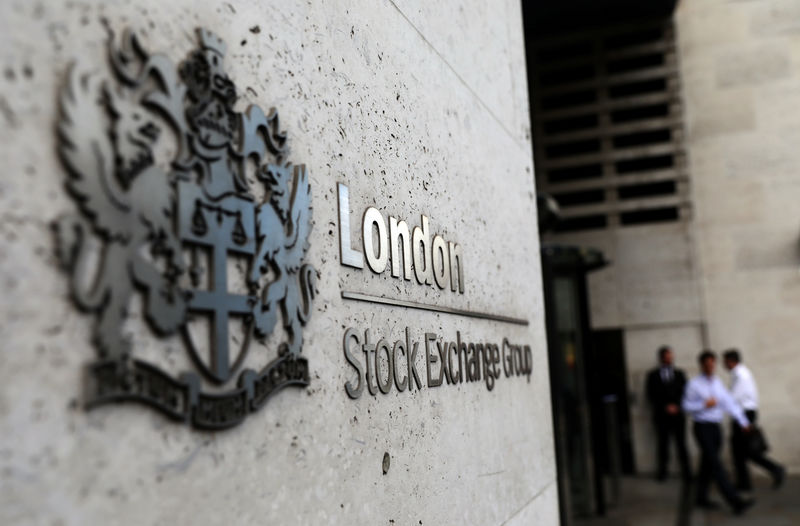(Bloomberg) -- Domestic stocks fell for a ninth day in London on Thursday, putting them on course for their worst run of losses since the outbreak of Covid-19 crippled markets more than two years ago.
While the exporter-heavy FTSE 100 index has outperformed this year, the FTSE 250 is being weighed down by an escalating cost-of-living crisis, a tumbling pound and lingering political uncertainty.
Furthermore, the pain may not be over for investors in British stocks, according to Susana Cruz, a strategist at Liberum Capital. “In the medium term, we expect a further downside, particularly for the FTSE 250, considering the prospect of a recession in 2023,” she said in emailed comments.
Another two days of losses for the FTSE 250 would see it match the 11-day slump of March 2020, which was the index’s longest losing streak since 1998, according to data compiled by Bloomberg. Still, the UK mid-cap benchmark trades above its July 5 low, having briefly rallied with global peers on hopes that the pace of central bank policy tightening could ease.
Cruz added that a weak pound against the dollar will probably continue to weigh on the FTSE 250 versus the FTSE 100. A catalyst for a rebound would be a “dovish turn” from the Bank of England or US Federal Reserve, she said, while adding that it seems “very unlikely.”
To be sure, not everyone is as downbeat on UK domestic stocks. Ben Ritchie, head of UK and European equities at Abrdn, says some financials, building materials and housebuilder stocks look “particularly attractive” following the recent selloff.
Ritchie also noted recent M&A activity in Britain, where lower valuations are enticing overseas bidders. “Both of these dynamics could be supportive for UK equities,” he said in emailed comments.
©2022 Bloomberg L.P.
